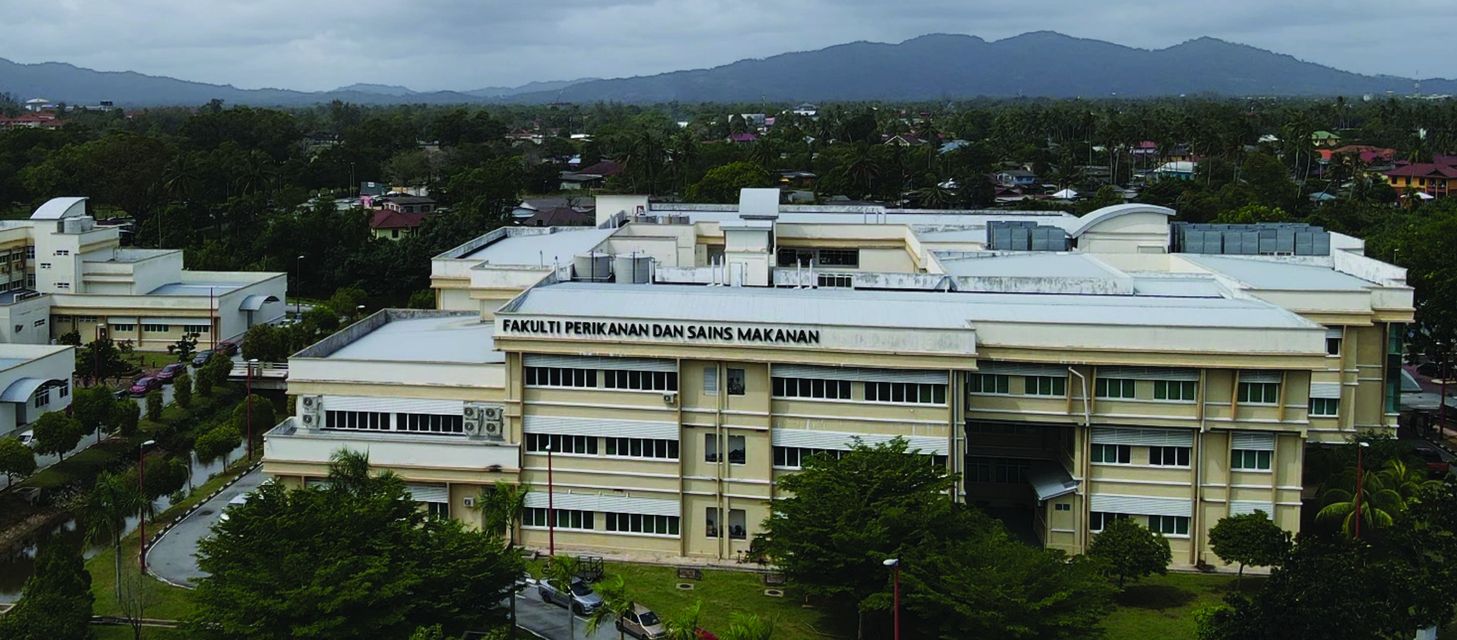
Menu


The Faculty of Fisheries and Food Science was officially established on September 1, 2019, aligning with the academic transformation of Universiti Malaysia Terengganu. This strategic move aimed to cater to the evolving demands of the academic landscape and the industry’s needs. The faculty’s inception marked a pivotal moment in the university’s commitment to advancing education and research in the domains of fisheries and food science.
Historical Evolution:
1979: The roots of the faculty trace back to the establishment of the Pusat Sains Perikanan dan Sains Samudera (Center for Fisheries Science and Ocean Science) at Universiti Pertanian Malaysia.
1996: A significant development occurred when it evolved into the Fakulti Sains Gunaan dan Teknologi (Faculty of Applied Sciences and Technology) at Universiti Putra Malaysia (UPM).
2012: Further changes transpired as it transformed into the Fakulti Agroteknologi dan Sains Makanan (Faculty of Agrotechnology and Food Sciences, FASM) at Universiti Malaysia Terengganu (UMT).
2013: The faculty underwent restructuring, resulting in the establishment of two distinct entities: Pusat Pengajian Sains dan Teknologi Makanan (Center for Food Science and Technology Studies, PPSTM) and Pusat Pengajian Sains Perikanan dan Akuakultur (Center for Fisheries and Aquaculture Science Studies).
2019: A significant milestone was reached with the amalgamation of these centers into the cohesive entity known today as the Faculty of Fisheries and Food Science (FPSM) , Universiti Malaysia Terengganu.
Academic Focus:
Throughout its evolution, the faculty has maintained a steadfast commitment to providing high-quality academic programs. These programs are meticulously designed to cultivate a cadre of skilled professionals in the fields of fisheries and food science, aligning with the dynamic requirements of the industry.
The establishment of the Faculty of Fisheries and Food Science stands as a testament to Universiti Malaysia Terengganu’s dedication to academic excellence, research innovation, and addressing the challenges of the ever-evolving domains of fisheries and food science.
Faculty of Fisheries and Food Science
Universiti Malaysia Terengganu
21030 Kuala Nerus, Terengganu
Malaysia
Tel : +609 668 4930 / 4931
Fax : +609 668 4949
Email: fpsm@umt.edu.my
Universiti Malaysia Terengganu (UMT) and Faculty of Fisheries and Food Science (FPSM) shall not be liable for any loss or damage caused by the usage of any information obtained from this web site.